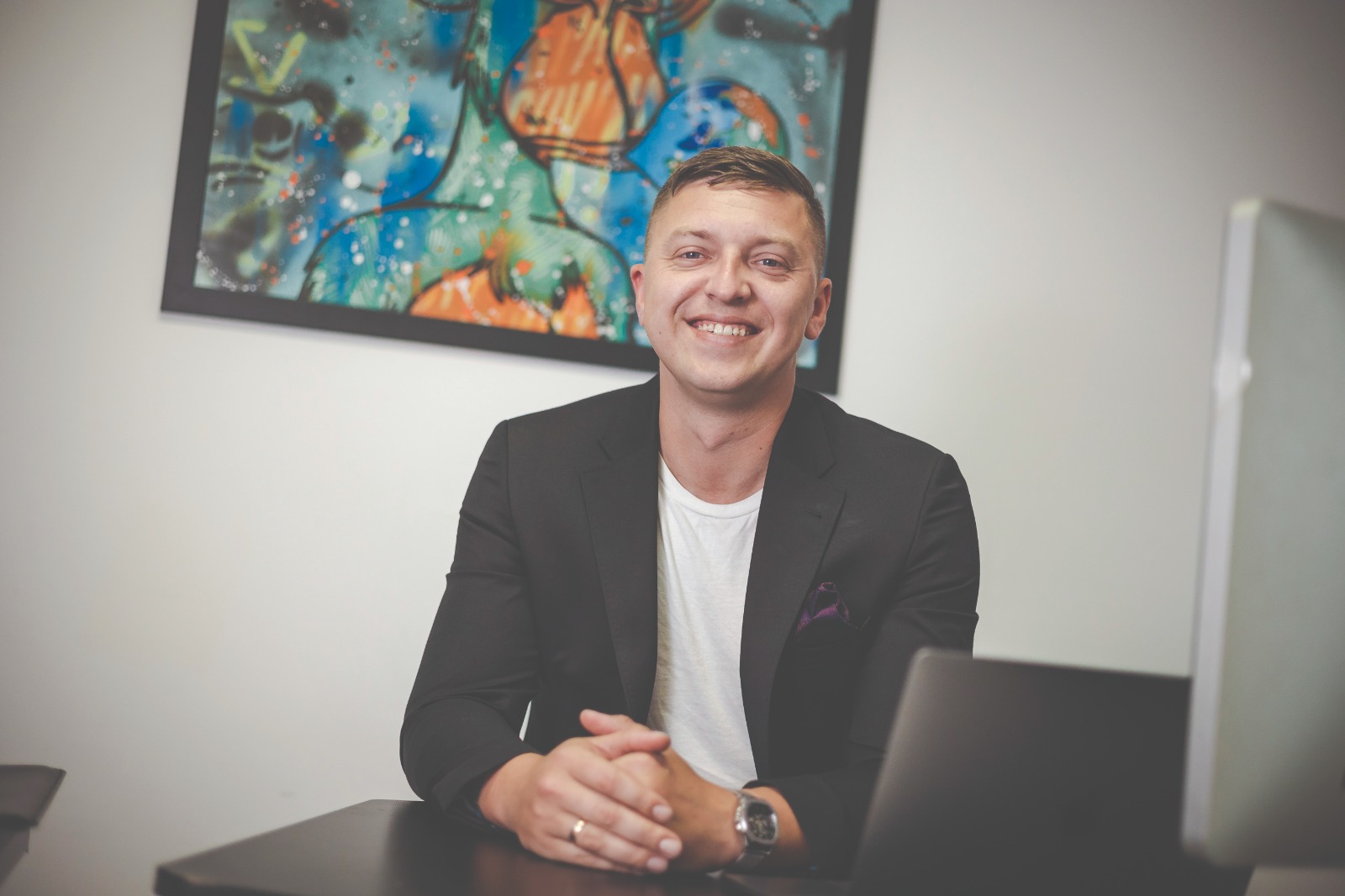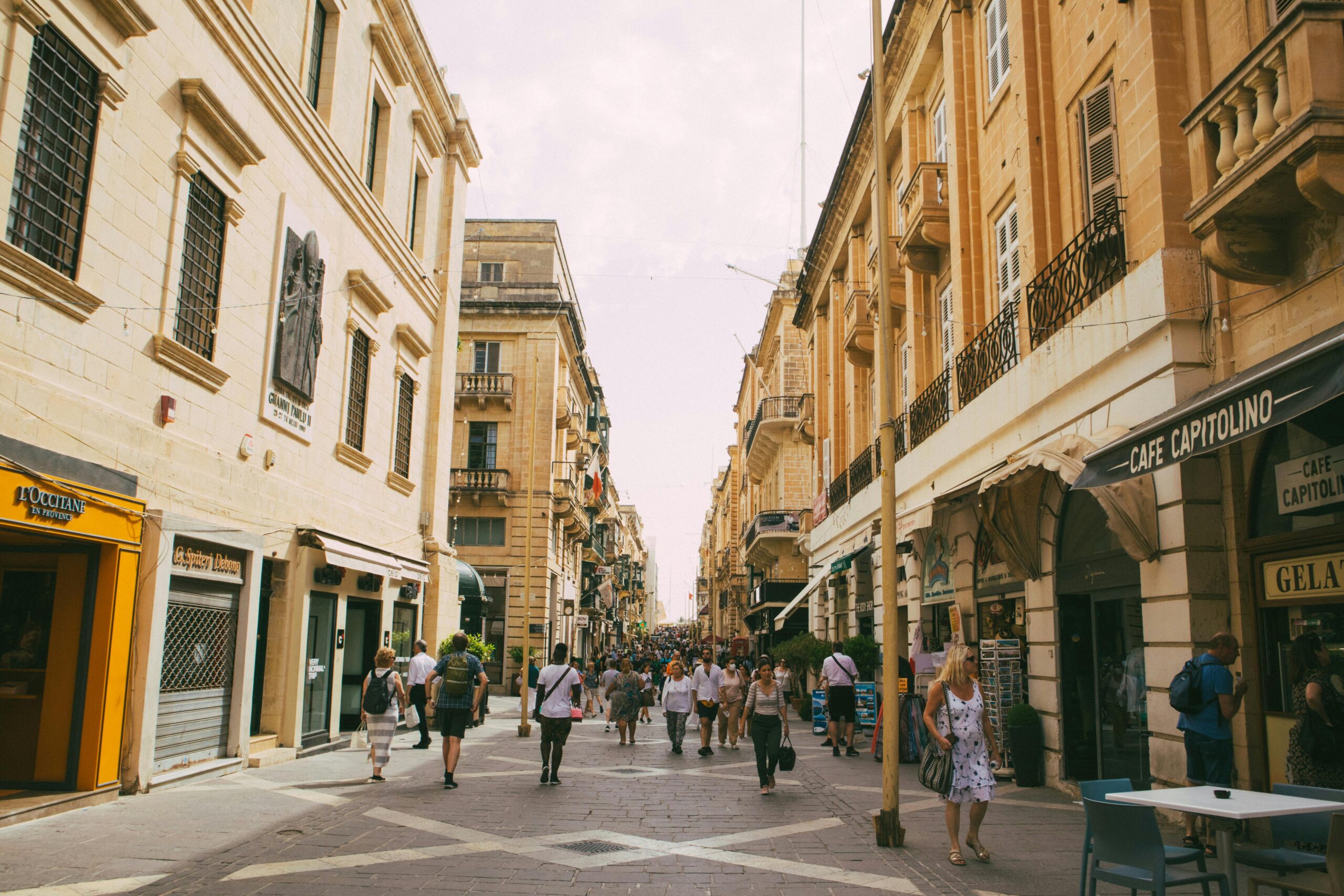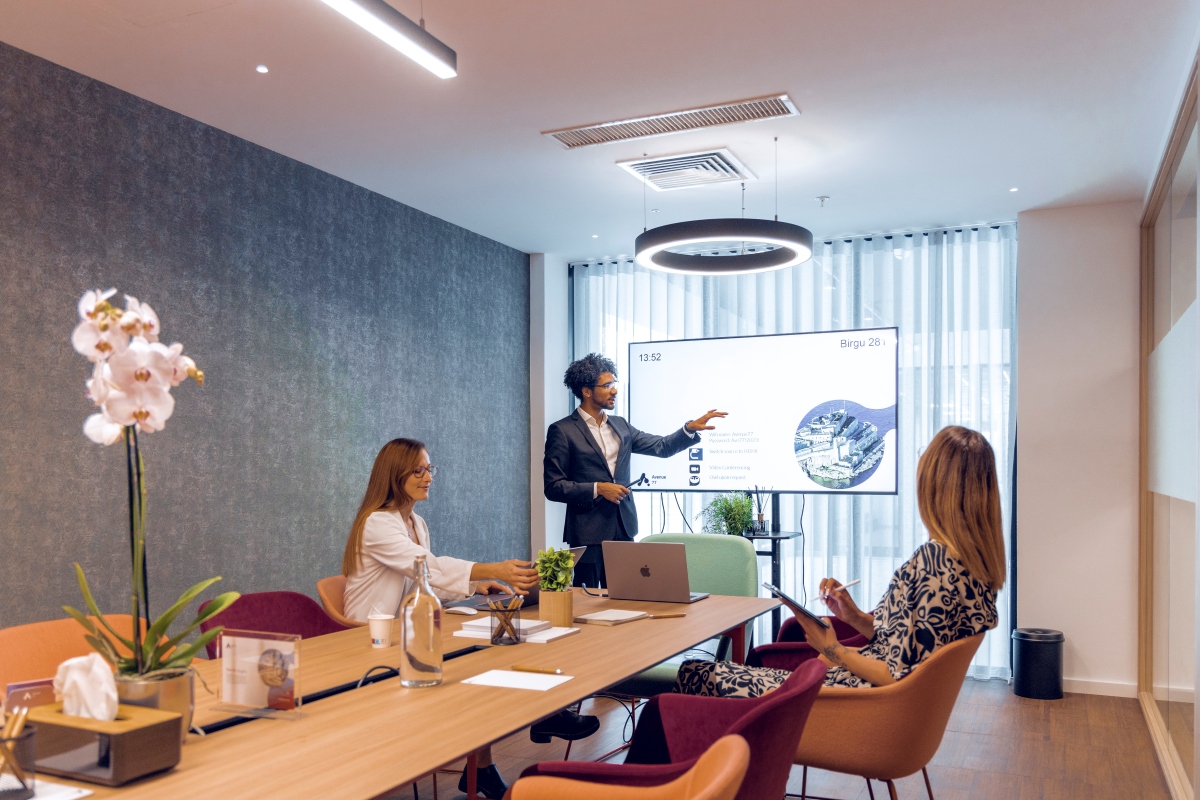Aged just 32, Mantvydas Narusevicius heads a group of companies engaged in a dizzying array of industries. Starting out in logistics and recruitment, WFDM’s rapid growth, and the founder’s indomitable entrepreneurial spirit, have allowed him to expand and set up partnerships embedded in Malta’s fast-growing economy.
Having worked in hospitality and construction as a teen, he later graduated in economics, finance and accounting, bringing to the table a wealth of knowledge about how business works. “I read a lot, and one thing I learned is that diversification is essential. That way, if one business goes south, you always have back-up to ensure you never get caught without cash flow.”
With the importance of diversification firmly in mind, Mr Narusevicius explains that many of WFDM’s lines of business came about from an evaluation of the group’s available resources and an assessment of how to use them most effectively. “The cars and motorbikes we operate naturally require maintenance and repair from time to time,” he says, “and using third-party mechanics proved expensive and inefficient. I used to spend many long days tinkering in the garage myself, and eventually, WFDM Auto Moto Works was born.” Similarly, a drive to capitalise on its fleet of motorbikes led to the launch of WFDM Rentals, engaged in helping tourists explore the islands on two wheels.
So far, so linear, with auto repair and rental being textbook examples of vertical integration for a logistics firm. But as we dig a bit deeper into the WFDM constellation, other patterns emerge.
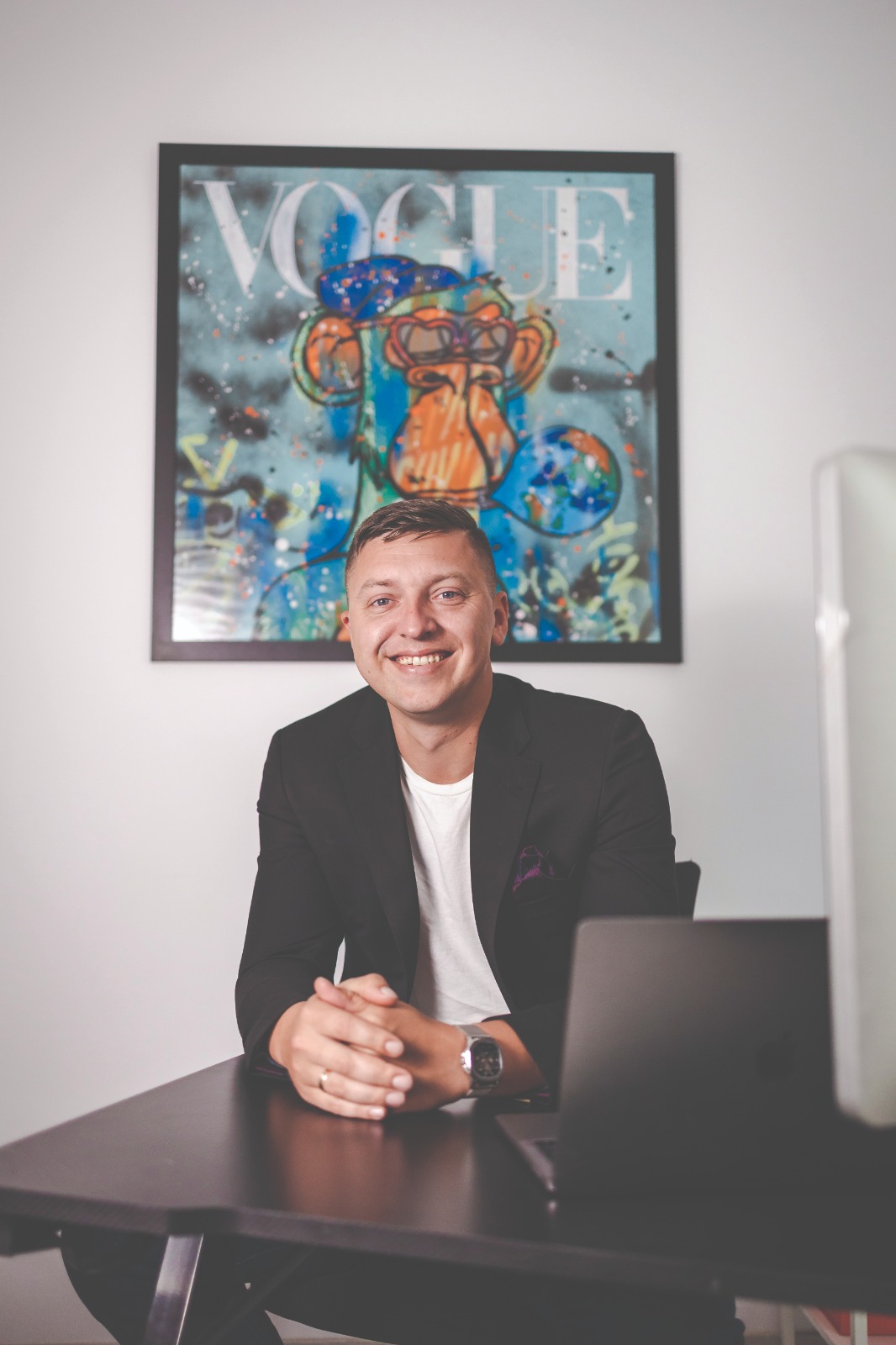
It was during a trip to India that a highly satisfying visit to a dhaba led to another spark. “A dhaba is a roadside kiosk serving up hot meals to truckers, drivers and other motorists,” explains Mr Narusevicius. With local experience as the former co-owner of Foam & Fork and Balance Bowl, he brought the idea with him back to Malta and set out to recreate the Indian staple in a very different environment. He recounts: “We employed a driver who had previously worked as a chef, so I spoke to him and asked him to recreate his favourite dish from his mother’s cooking.” The resulting butter chicken proved delicious, so a food truck was bought and Dhaba Malta was born. “Most of the clientele are foreign nationals from the Indian sub-continent,” says Mr Narusevicius, although locals and Europeans also love it, including one very important client: “My daughter’s obsessed with it!” he laughs.
It was another trip abroad that paved the way for Doup, an NFC-powered business card that promises to bring smart technology to a space that had not seen innovation in decades.
“We just could not find a business card solution that fit our needs,” says Mr Narusevicius. “People change, as do our offices, and what that means is that every time, you need to get a stack of expensive paper and throw it away.”
A better solution was finally discovered at the EuroLeague finals in Belgrade, where Mr Narusevicius was watching his favourite team compete for the top prize in European basketball. While there he chanced upon an old friend, who mentioned that he was the founder of a smart business card. “He was pitching me as a client, but I was so impressed that I quickly changed hats from client to investor – and missed the rest of the game!”
After two rounds of investment, WFDM now has a controlling stake in Doup, which is scaling rapidly. “What Doup is giving, to us and other clients, is a cost-effective solution. There is no need to change the card when you change role, address or company – you just update what’s inside.”
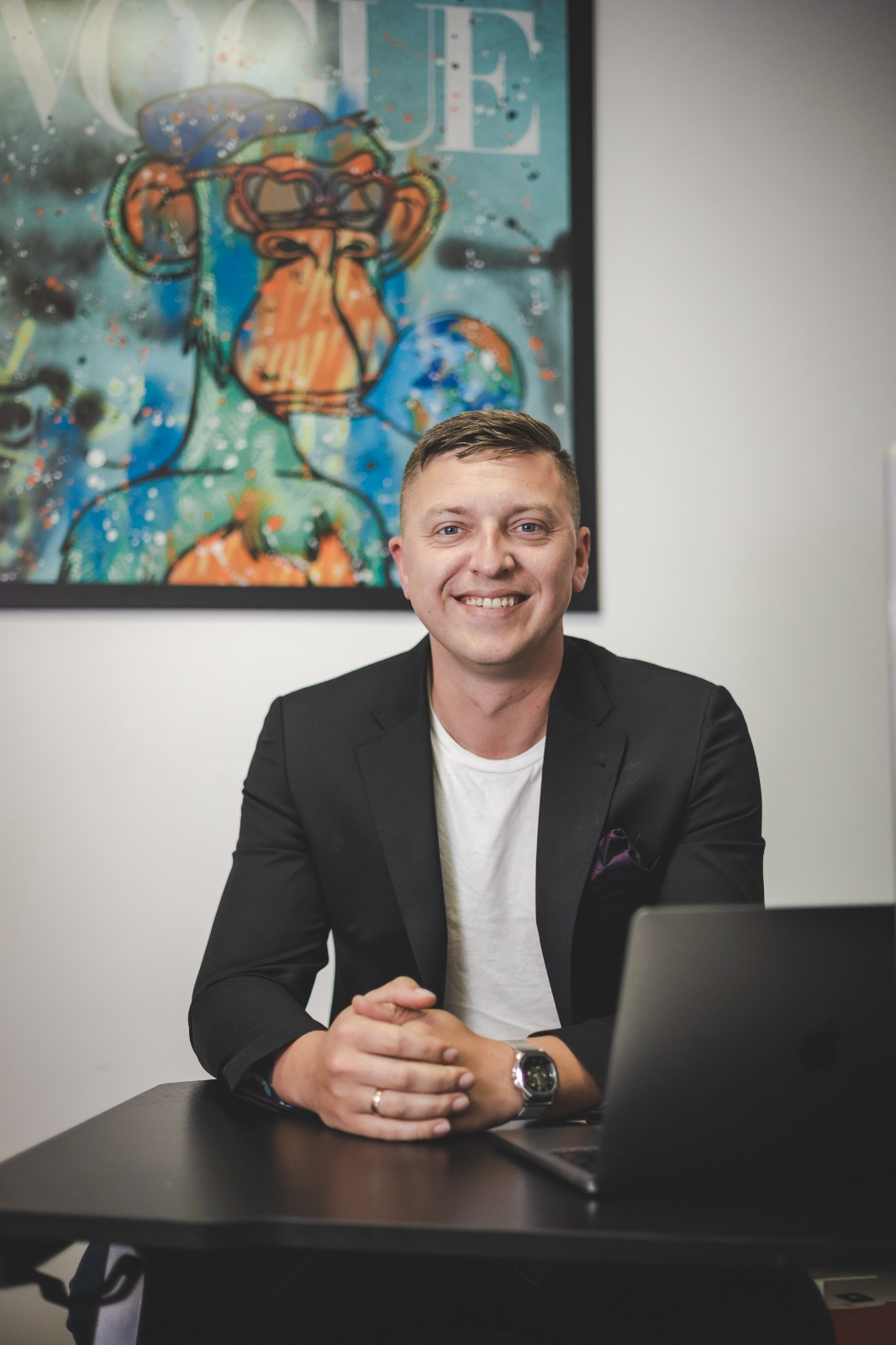
A common thread running through the set-up of many of WFDM’s businesses is an acute awareness of market gaps and a willingness to step into the breach once it is deemed both useful and profitable. For example, when the company was looking for a PR agency to work with, it only found closed doors – “everyone was already engaged by our competitors,” Mr Narusevicius explains. This led to the establishment of PR Effect, which will shortly launch “to help businesses convey their stories and connect with audiences in impactful ways.”
Meanwhile, he is also involved in a company developing innovative software solutions, primarily for financial services. MS Smart Software Solutions, he says, automises, digitises and streamlines business processes to make them more efficient. “The team is driven to shake up traditional workflows and offer cutting-edge technology solutions that help businesses operate smoothly – and it is poised to make a significant impact in the tech industry in Malta and beyond.”
Listening to Mr Narusevicius speak, one gets the impression that opportunity springs forth with every step, and he admits that business is a passion to which he dedicates countless hours (and his phone, a tool glued to his hand). However, important as drive may be, the secret sauce, in his telling, is a good dose of humanity. In fact, he puts a lot of his success down to his particular talent for reading people. “One thing I do – and this is crucial – I would say it is the most important thing I ever learned – is that I really listen to people and understand what they are really saying,” he says. “After all, it is your people who will make you successful.”
No discussion on entrepreneurship is complete without talk of failure, and Mr Narusevicius laughs when it is brought up. He grabs the webcam and points it to a graphic that sits above his desk, showing a series of Windows error messages. “I keep that there because it is a representation of me,” he says. “Sometimes you just keep getting error after error – and sometimes you just fail and fail.”
He believes that the framing of failure in all-or-nothing terms is “negative and unhelpful,” and says that he prefers to see every failure as a minor success. “If you fail, it’s because you’re doing something. That’s already a positive. You got up, prepared for something, and failed. So what? There’s always another day.”
In line with this perspective, he shares some principles he keeps in mind when confronted by failure. “It helps to treat everything as R&D,” he says. “It puts you in the right mind frame to analyse what went wrong and extract valuable information that can be used later on.” He also subscribes to the “fail fast” mindset beloved by Silicon Valley and start-ups: “The sooner you know something does not work, the more time you have to change and adapt. Whether an initiative works or not, there is always something to learn.”
Mr Narusevicius is keen to impress that failing fast does not mean rushing ahead with every half-baked idea, relating the story of his first two attempted business ventures as a teenager, neither of which still stands today. Likewise, experience has taught him that business takes time, and pushing ahead with a plan whose time has not yet come is a recipe for disappointment. “It’s easy to get excited and become lost in an idea and its potential,” he says. “It has taken a while, but I have learned to trust my gut now, and to be patient.”
Malta International Airport closes in on one million passengers in June
Meanwhile, aircraft traffic movement rose by 4.5 per cent year on year
Malta’s population hits 574,250 in 2024, up by 1.9%
Total net migration was at 10,614 persons, the vast majority being non-EU citizens
Service excellence as a cornerstone of Avenue 77 workspace experience
Providing excellent service is a foundational aspect of what makes working at Avenue 77 a great experience


